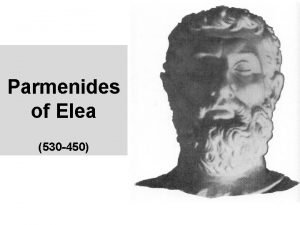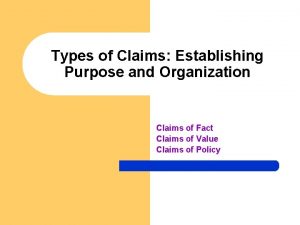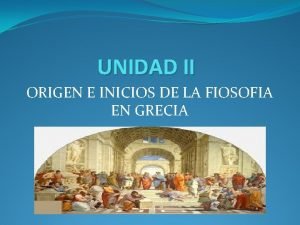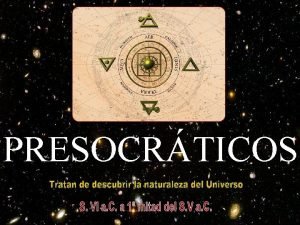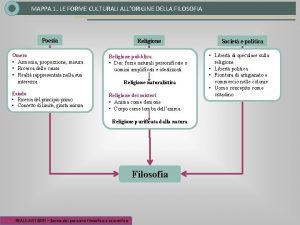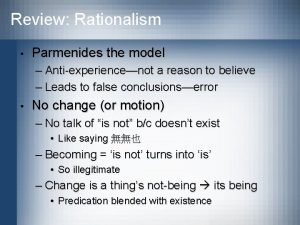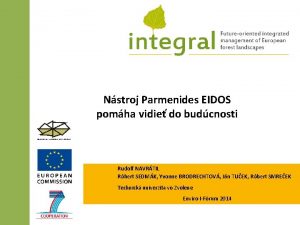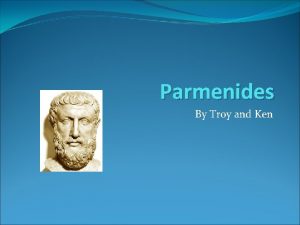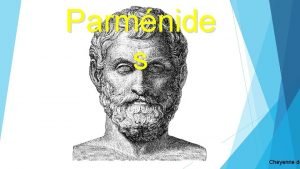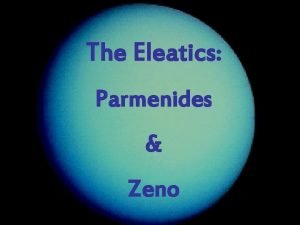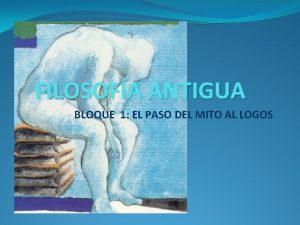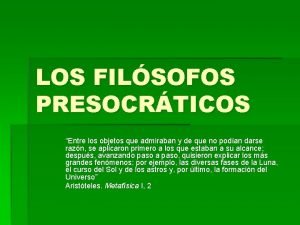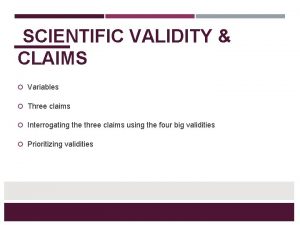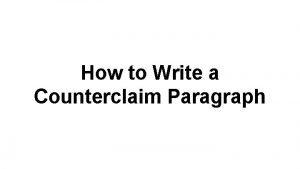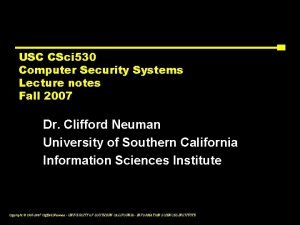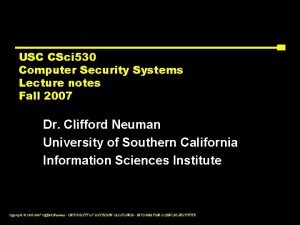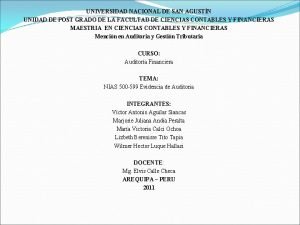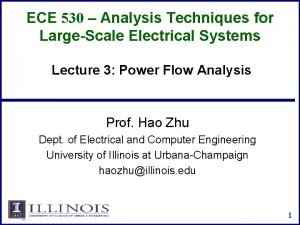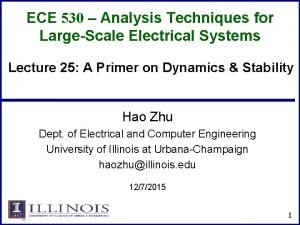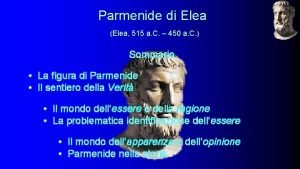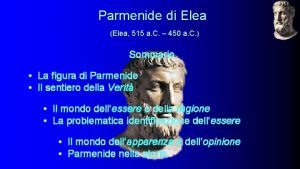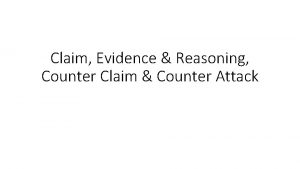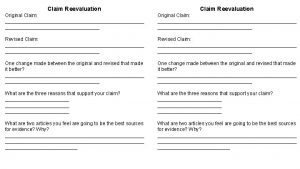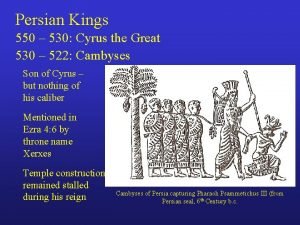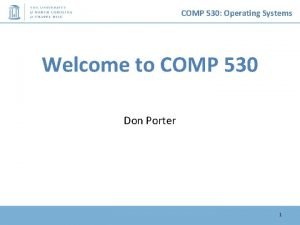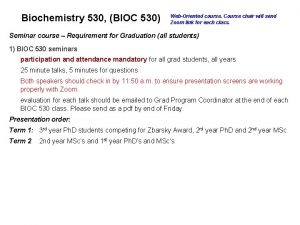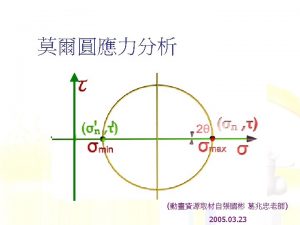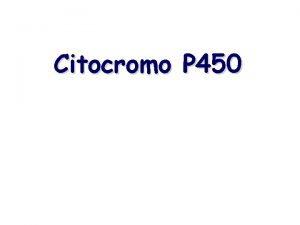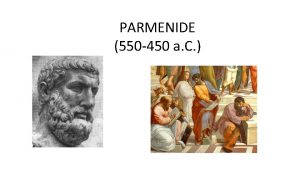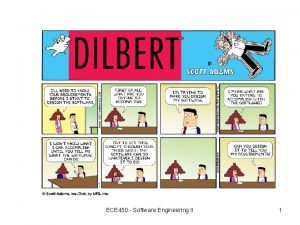Parmenides of Elea 530 450 Claim Eleatics founded




















- Slides: 20

Parmenides of Elea (530 -450)


Claim: Eleatics founded 1. Greek logic 2. Greek metaphysics 3. Philosophical theology

1. Greek Logic HERACLITUS • “flux” • co-presence of opposites • to assertion of contradictory statements PARMENIDES • Principle of Non. Contradiction • Idea of Logical Deduction/Proof ZENO • Idea of Disproof through Dialectic, Contradiciton

Heraclitus Asserts contradictions: • Things taken together are whole and not whole… • We step and do not step into the same rivers, we are and we are not. • The same thing is both living and dead, and the waking and the sleeping, and young and old… Co-presence of opposites (CPO): • the same thing can have both X and ~X properties (usually opposites, not just contradictories) – in reality or – as seen relative to different things or – by different perceivers – at different times

Principle of Non-Contradiction (PNC) Principle of Logic Contradictory statements cannot both be true. – “Socrates is wise” and “Socrates is not wise. ” It is not rational to ascribe opposite properties to the same object at the same time, in the same place. PNC = ~pos (S is P & S is ~P) Principle of Reality Contradictory things cannot both exist. – Socrates cannot be in Larissa and in Athens at the same time. The world is not irrational; it is not possible that logically contradictory things exist. ~pos (S is P & ~P)

What follows from CPO? Illogical consequences • If A can be X and ~X, and X is Y, is A also Y? • But if something that is X is also ~X, then if A is Y, can’t it also be ~Y? • So we cannot really argue that if X is Y, and Y is Z, then X is Z, because it might not be. • If A can be X and ~X, why can’t it also be ~A? • So if COO is true, a thing might not even be itself! Rejection of Heraclitus • They are carried along by experience, deaf as they are blind, amazed, uncritical herds, for whom to be and not to be are judged the same and not the same, and for whom there are in all things opposites. • That it is and cannot be is the path of persuasion.

Greek Metaphysics HERACLITUS • Doctrine of flux or fire real world = continuous change, becoming, no ‘being’ • Doctrine of relativity no knowledge of objective reality ELEATICS • Doctrine of ‘being’ real world based on ‘being’ in which • Doctrine of truth based on reason knowledge of ‘what is’

Attributes of “Being” On this way there are many signs— • being ungenerated it is also imperishable, • whole and of a single kind, unshaken and complete. Nor was it ever, nor will it be, since it is now, all together, • one, continuous. • For what birth will you seek for it? How and from where did it come forth? I will not permit you to say or think that it came forth from what is not; for it is not to be said or thought that being comes to be from notbeing. • Remaining self-same in itself, being is what it is, and does not change; • for it is contained by necessity within the bonds of limit; nor is it fitting for what is to be incomplete, for being cannot be lacking—or it would not be. • ungenerated (imperishable /eternal) • whole (not sum of parts) • one (not many) • known by reason, not senses • at rest or self-same, unchanging • necessary, not contingent

What is being? the ‘Is’? • Parmenides: “Is” can refer only to what is real, or what is ultimately real. • This = – “Absolute eternal being” in contrast to the things that ‘seem’ or ‘appear’ OR – “Enduring transient beings” which can have opposite properties that change, e. g. color, size, etc.

Metaphysics a. Identity of objects over time – Parmenides rejects flux b. Cosmological Argument – From insights to deductive ‘proofs’ c. Necessary vs. Contingent being – Parmenides on this distinction

a. Identity/’being’ of objects • Theseus, sailing ship A to Crete, replaces plank by plank of his ship. • Scavenger, in ship B, picks them from the sea and replaces all the parts of his own ship, before they make land. • Is Theseus sailing ship A or is Scavenger? Possible answers: 1. By component parts theory, ship A ceased to be A with the first plank 2. By spatio-temporal continuity theory, it is the same—and would be even if the planks been shaped into a completely different vessel 3. By functional purpose theory, it ceases to be the same ship, as soon as it changes its function

b. Cosmological Argument? • For what birth will you 1. Either (a) being (the seek for it? How and universe? ) always from where did it existed or (b) it came come forth? I will not into being (i. e. from permit you to say or nothing) think that it came forth 2. But (b) is impossible: from what is not; for it nothing comes into is not to be said or being from nothing thought that being 3. Therefore being has comes to be from notalways been. being.

c. Contingent vs. Necessary • Contingent truth = could not be the case, • Necessary truth = must be the case, 2 + 2 = 4 “There are tigers in India. ” • Contingent or necessary? • Concepts of ‘modal logic’: – Natural laws ? – Empirical or historical facts? – Metaphysical truths? – necessity, possibility, actuality – 2 + 2 = 4 is T in every pos-world – There are tigers in India is ~T in all pos-worlds • Contingent being = that • Necessary being = that which cannot exist. which can not exist, e. g. – God or Ideas? Souls or every physical thing Essences? Atoms? – Is this concept coherent?

Zeno • Parmenides: develops positive logic to prove e. g. that there could be no beginning to “what is” & identifies key principle of logic = PNC • Zeno: develops negative logic to disprove arguments or views of opponents by showing they are selfcontradictory: his paradoxes.

The Arrow (paradoxes of motion) • If the arrow flies toward the target, it must pass through ½ the distance, then ½ of the remaining distance, and so on. • It will always be traversing another ½, and never reach the target. • Likewise, Achilles will never catch up with the tortoise. He makes up ½, again ½, and so on, but never catches up. • Conclusion: The realm of motion is incoherent.

Greek Philosophical Theology • Initiated by Xenophanes (~540) • Critical theology = concept of anthropomorphism • Positive theology = philosophical concept of God • Parmenides will identify attributes of ‘being’ (ungenerated, eternal, noncorporeal, necessary-being, one, etc. ) • Distinction of faith vs. knowledge

Critical Theology • If oxen and horses and lions had hands, they would draw their gods to have the shape of oxen, horses, and lions. • The Celts give the gods red hair, the Nubians make them black. • Anthropomorphism = 1. “gods” conceived in human form 2. human passions 3. human character traits, i. e. imperfect • Xenophanes: the Olympian gods = products of human imagination

Philosophical concept of God • God is one, True “God” = greatest among – One gods and men, not – Radically unlike at all like mortals in – Acts of mind thought or body. (“creation”) • Without effort he – Not = Person shakes all things – Perfectly good? by the thought of his mind.

Epistemology and religious belief • No man has seen nor will anyone know the truth about the gods and the things I speak of, for even if a man said what is the case, he does not know, but only shapes a belief about it. Later philosophical theologians: – Is there a way to know that ‘God’ (one, etc. ) exists? – Might knowledge of ‘God’ be an insight of reason, not mere belief?
 530+450
530+450 Claims of value example
Claims of value example Zenon de elea
Zenon de elea Empedocles arje
Empedocles arje Mito della caverna mappa concettuale
Mito della caverna mappa concettuale Trigonometri
Trigonometri Parmenides beliefs
Parmenides beliefs Parmenides eidos
Parmenides eidos Parmenides influenced
Parmenides influenced Parmenides biografia
Parmenides biografia Parmenides zeno
Parmenides zeno Parmenides arje
Parmenides arje Tales de mileto
Tales de mileto Association claim verbs
Association claim verbs Examples of counter claims
Examples of counter claims Persuasive strategy examples
Persuasive strategy examples Csci 530 usc
Csci 530 usc Csci 530
Csci 530 Nia 500 evidencia de auditoría
Nia 500 evidencia de auditoría Ece 530
Ece 530 Ece 530
Ece 530
